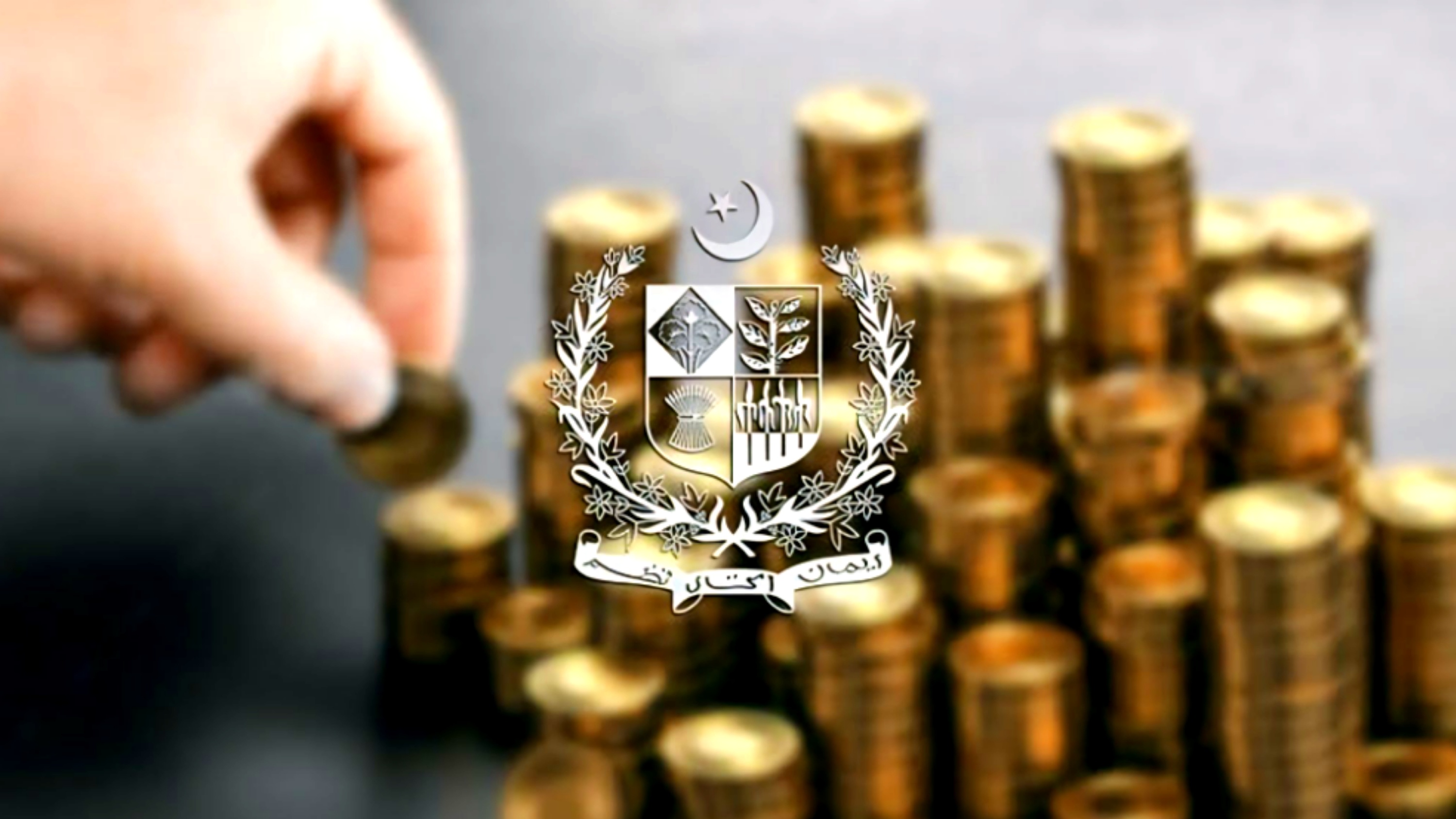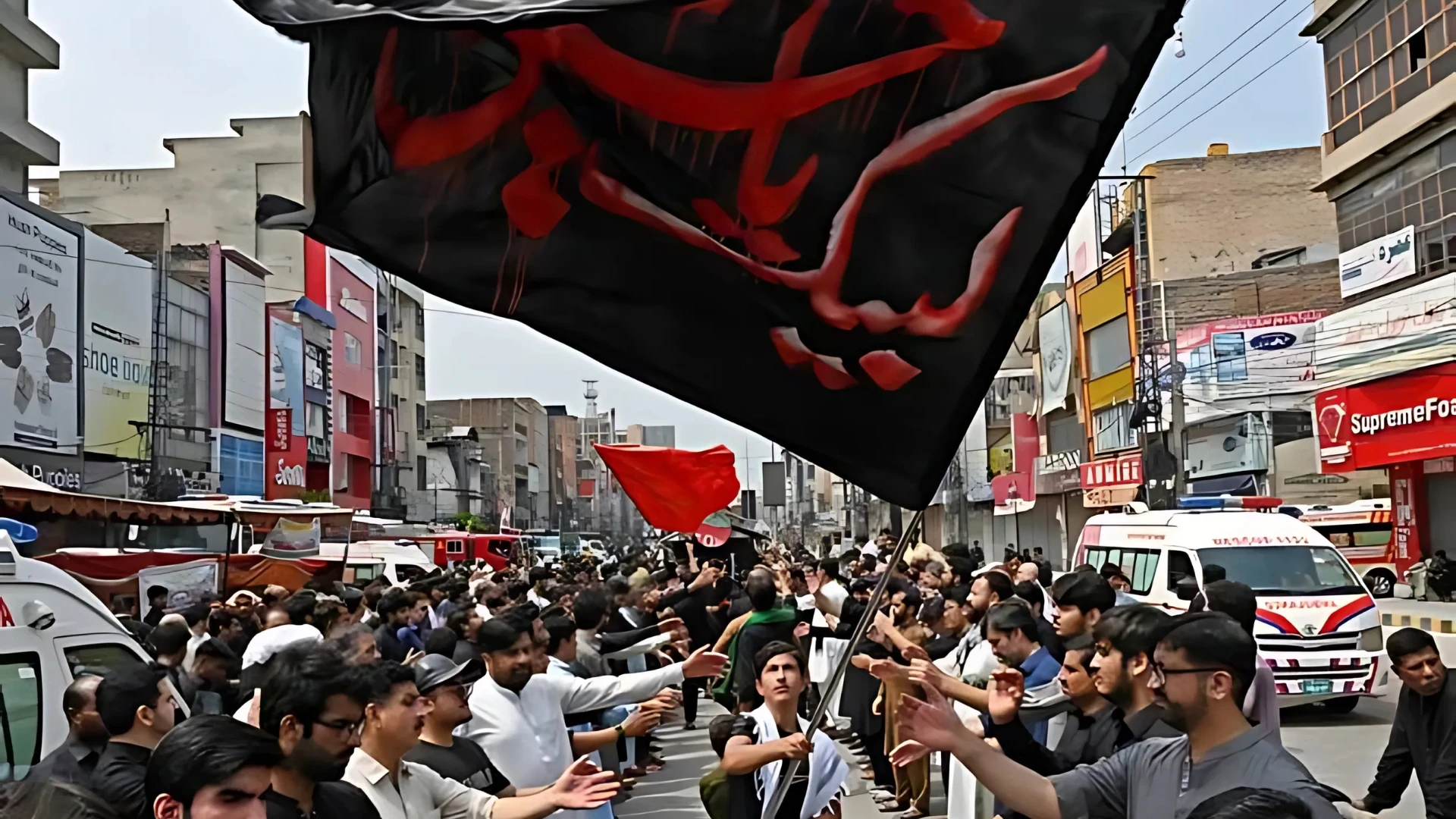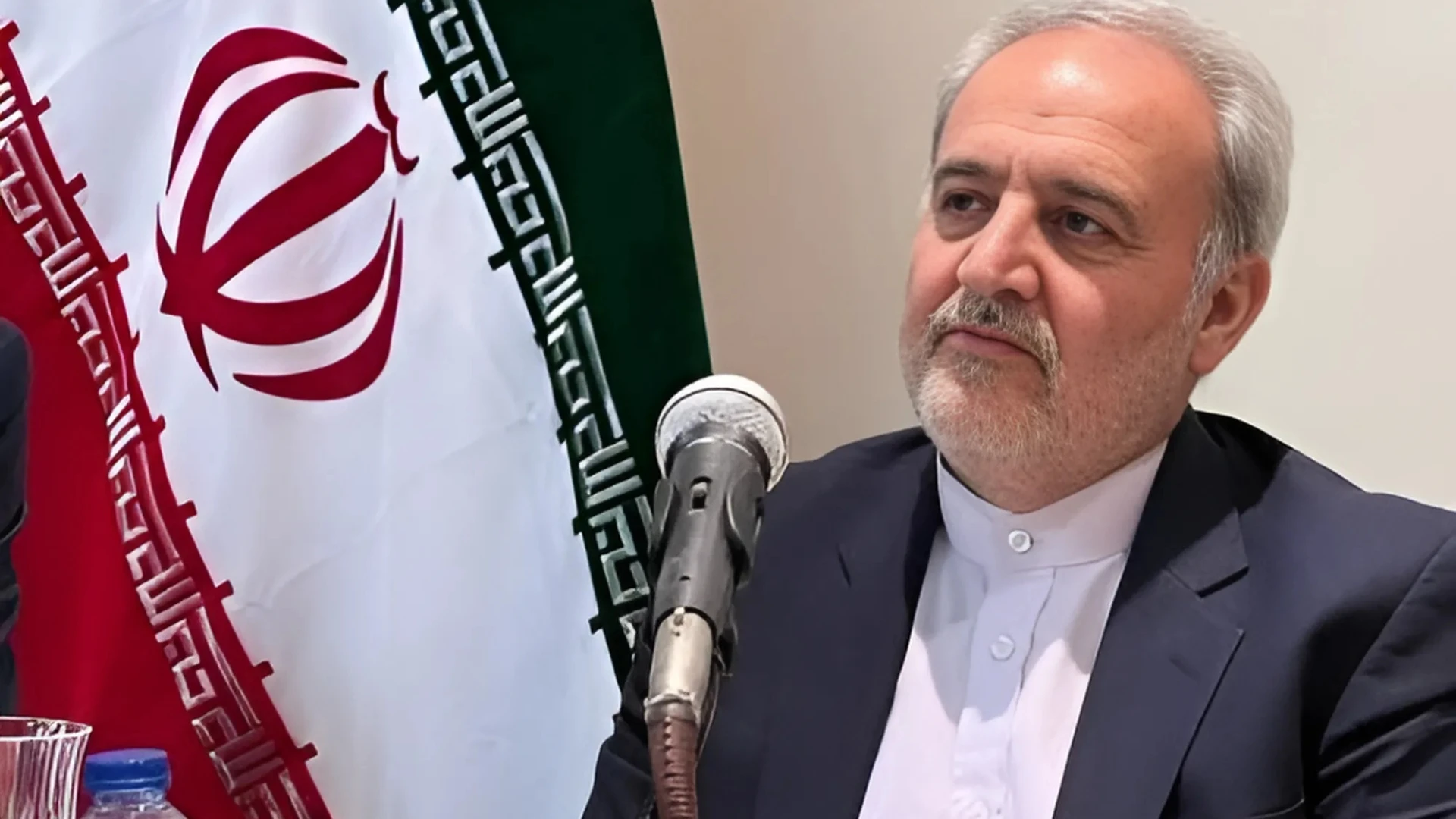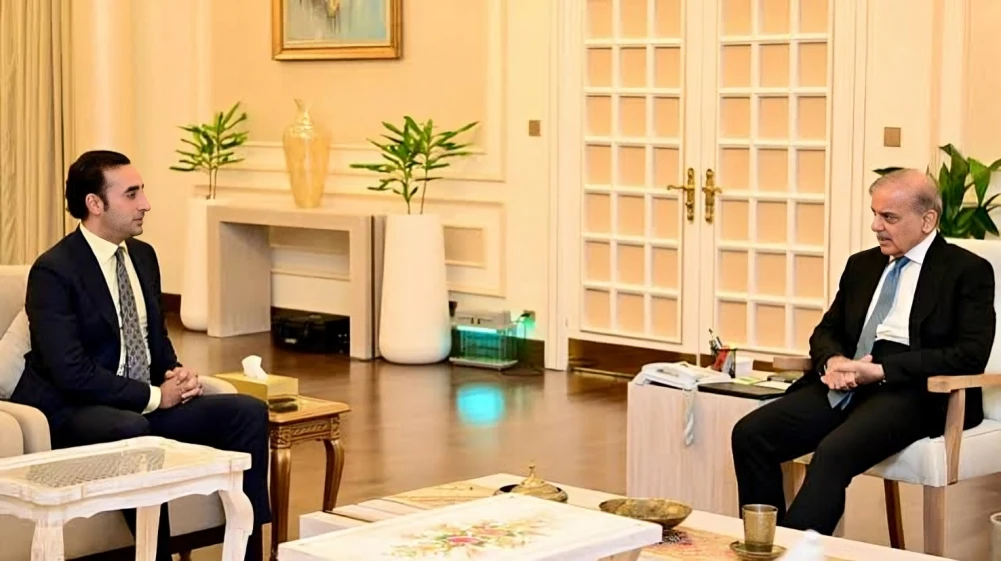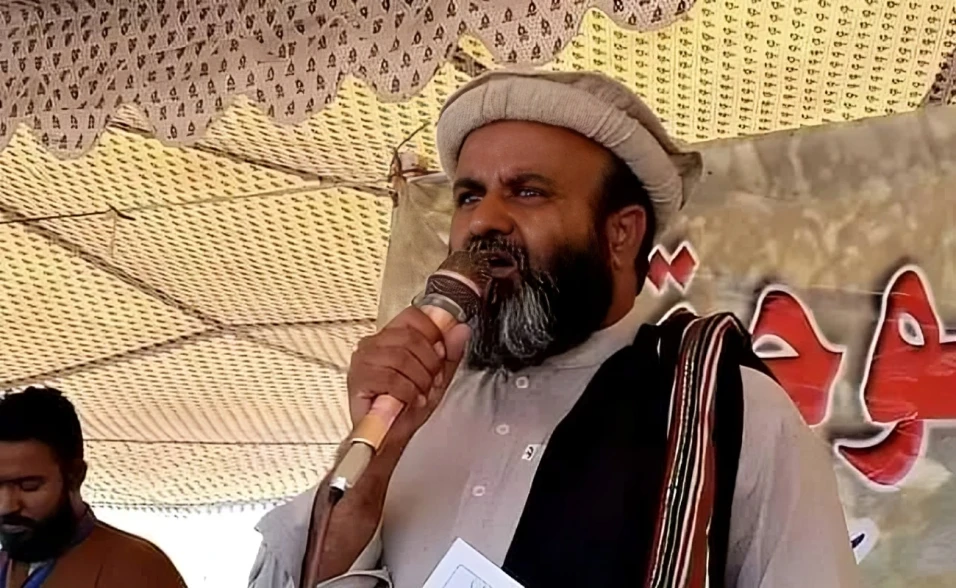Islamabad: The Ministry of Finance has reported that state-owned enterprises (SOEs) incurred a total loss of PKR 851 billion during the fiscal year 2023-24, while their total debt reached PKR 9.2 trillion—almost equal to the Federal Board of Revenue (FBR)'s total tax collection—raising serious financial concerns.
According to report, the Ministry of Finance, in its annual report on federal SOEs for the fiscal year 2023-24, stated that after accounting for the profits of some entities under the Pakistan Sovereign Wealth Fund (PSWF), the total net loss stood at PKR 521.5 billion.
Even profit-making SOEs recorded minimal free cash flow as their funds remained tied up with loss-making entities.
The power sector companies topped the list of enterprises incurring significant losses, severely impacting public finances and the economy. However, the National Highway Authority (NHA) reported the highest loss of PKR 295.5 billion. In total, SOEs contributed to an economic loss of nearly PKR 2.5 trillion.
The total revenue of SOEs increased by 5.26% to PKR 13.5 trillion, but net losses surged by nearly 89%, adding PKR 30.65 billion to the deficit. However, government subsidies and grants reduced overall losses by 14%.
While total profits stood at PKR 820 billion, marking a 14.61% annual increase, loss-making SOEs still recorded a cumulative loss of PKR 851 billion, showing a 14.03% decline.
To offset these losses, the government provided PKR 782 billion in subsidies and PKR 367 billion in grants. The report highlighted that excluding PSWF entities, the overall net loss reached PKR 521.5 billion.
The book value of SOE assets increased by 6.37% to over PKR 38.34 trillion, while liabilities surged by 6.7% to PKR 32.57 trillion. As a result, net equity increased by only 4.47% to PKR 5.86 trillion.
Due to low free cash flow and a weighted average cost of capital (WACC) between 17% and 22%, the return on equity (ROE) remained at -0.5%, while return on invested capital (ROIC) stood at 3.4%.
The economic value added (EVA) for the SOE portfolio was negative PKR 2.5 trillion, indicating a negative spread between ROIC and WACC, leading to a net loss of real value.
With The National Highway Authority (NHA) leading the list with a staggering loss of PKR 295.5 billion, Quetta Electric Supply Company (QESCO) rrecorded PKR 120.4 billion and Peshawar Electric Supply Company (PESCO) recorded PKR 88.7 billion losses. Pakistan International Airlines (PIA) also faced substantial losses amounting to PKR 73.5 billion, while Pakistan Railways recorded a deficit of PKR 51.3 billion. Other loss-making SOEs included Sukkur Electric Power Company (SEPCO) with PKR 37 billion, Lahore Electric Supply Company (LESCO) with PKR 34.5 billion, and Pakistan Steel Mills with PKR 31.1 billion.
On the other hand, some SOEs reported impressive profits during the same period with Oil and Gas Development Company Limited (OGDCL) emerged as the most profitable entity, generating PKR 208 billion in earnings, followed by Pakistan Petroleum Limited (PPL) at PKR 115.4 billion. National Power Parks contributed PKR 76.8 billion in profits, while Government Holdings Private Limited (GHPL) posted PKR 69.1 billion. Pak-Arab Refinery Company and Port Qasim Authority (PQA) also performed well, earning PKR 55 billion and PKR 41 billion, respectively. These figures highlight the stark financial contrast between different SOEs, with some sectors thriving while others continue to struggle with massive losses.
The federal government provided PKR 1.58 trillion in financial assistance to SOEs, including PKR 367 billion in grants, PKR 782 billion in subsidies, PKR 336 billion in loans, and PKR 99 billion in equity injections. This financial aid accounted for 13% of the federal budget—higher than the Public Sector Development Program (PSDP).
In response, the Ministry of Finance stated that in a recent meeting with the World Bank delegation, the government presented a phased approach to privatization and sought expert insights on implementing the process effectively.
The government reaffirmed its commitment to transparency and due process in privatization. Visiting delegations praised Pakistan's progress on economic reforms and expressed support for its new Country Partnership Framework.


